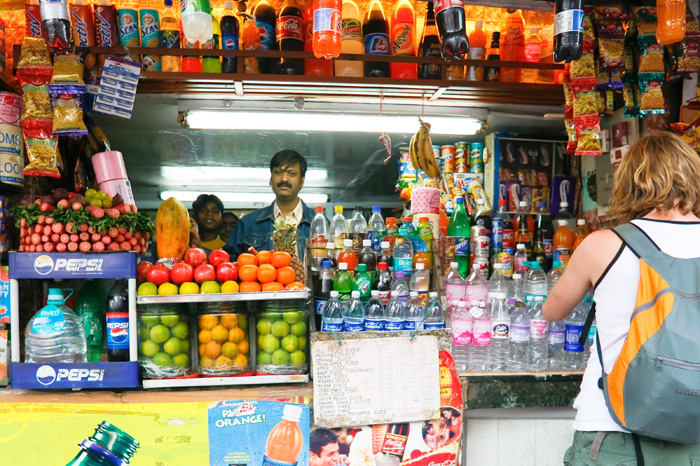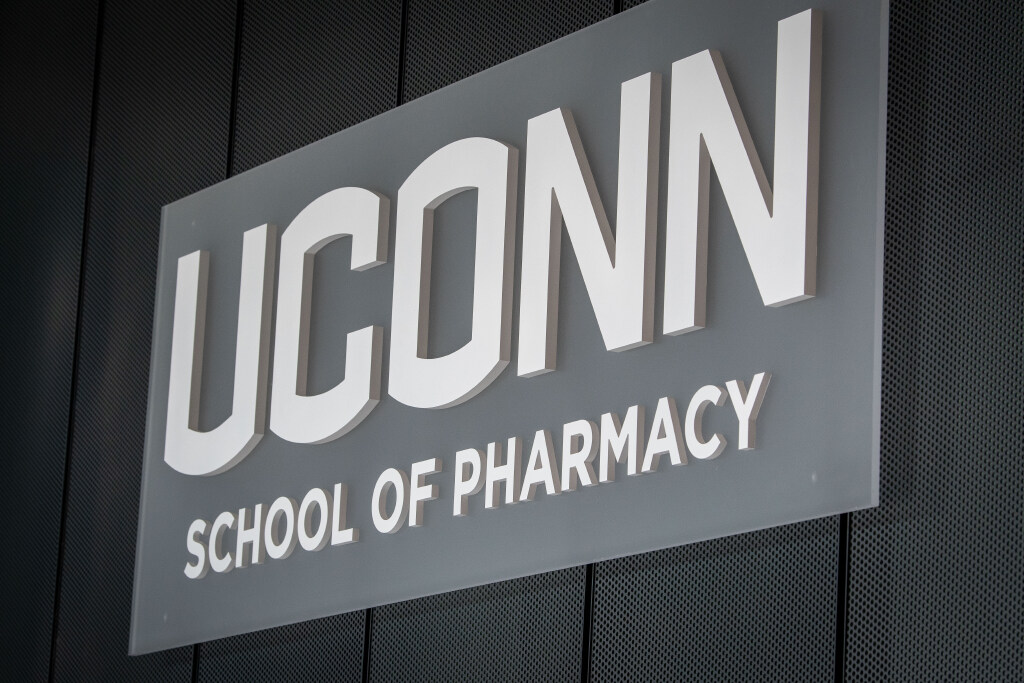When it comes to offering healthy food in the local corner store, supply can impact demand, according to a study by University of Connecticut researchers. The study, published in the journal Public Health Nutrition, found that when corner stores stocked a wider variety of fruits and vegetables, customers were more likely to buy them.
With obesity, diabetes, and other chronic diseases at epidemic levels, attention is now focusing on the importance of local food environments, including small corner stores in urban areas, which can directly impact customer’s food choices.

A team of researchers led by Katie Martin, assistant professor-in-residence in the Department of Allied Health Sciences in the College of Agriculture and Natural Resources, looked at the combination of customer shopping behavior and the availability of healthy foods within the stores.
They conducted interviews with 372 customers shopping in 19 neighborhood corner stores in Hartford to ask about their food shopping behavior. They asked how frequently they shop at corner stores, and what types of food they typically buy there. They also conducted store inventories to measure the availability and quality of healthy food.
The study results show that for each additional type of fruit or vegetable available in the store, the estimated odds of a customer purchasing fruits increased by 12 percent, and by 15 percent for vegetables. Customers receiving Supplemental Nutrition Assistance Program benefits (SNAP, formerly called Food Stamps) were almost twice as likely to purchase fruit, compared with those not receiving SNAP.
“Our results show that demand for healthy food is related to supply. These results can have practical benefits for organizations and municipalities working to improve corner stores in urban areas,” says Martin.
Customers shopping in corner stores had high rates of self-reported diabetes and high blood pressure, as well as food insecurity, a limited ability to access and afford enough food for one’s family. Programs and policies that help increase the affordability and selection of produce available in corner stores may influence this high-risk population to eat more fruits and vegetables.
The study was a collaborative effort between the University of Connecticut Center for Public Health and Health Policy and the Hartford Food System, a non-profit organization working with corner stores to increase their supply of healthy food. Funding for the research was provided by the Patrick and Catherine Weldon Donaghue Medical Research Foundation.
Follow the UConn Health Center on Facebook, Twitter and YouTube.



